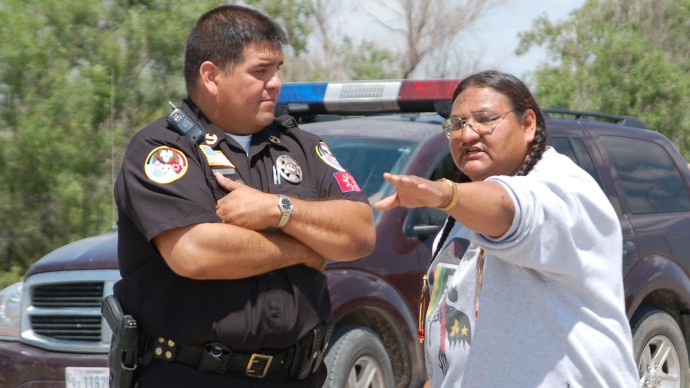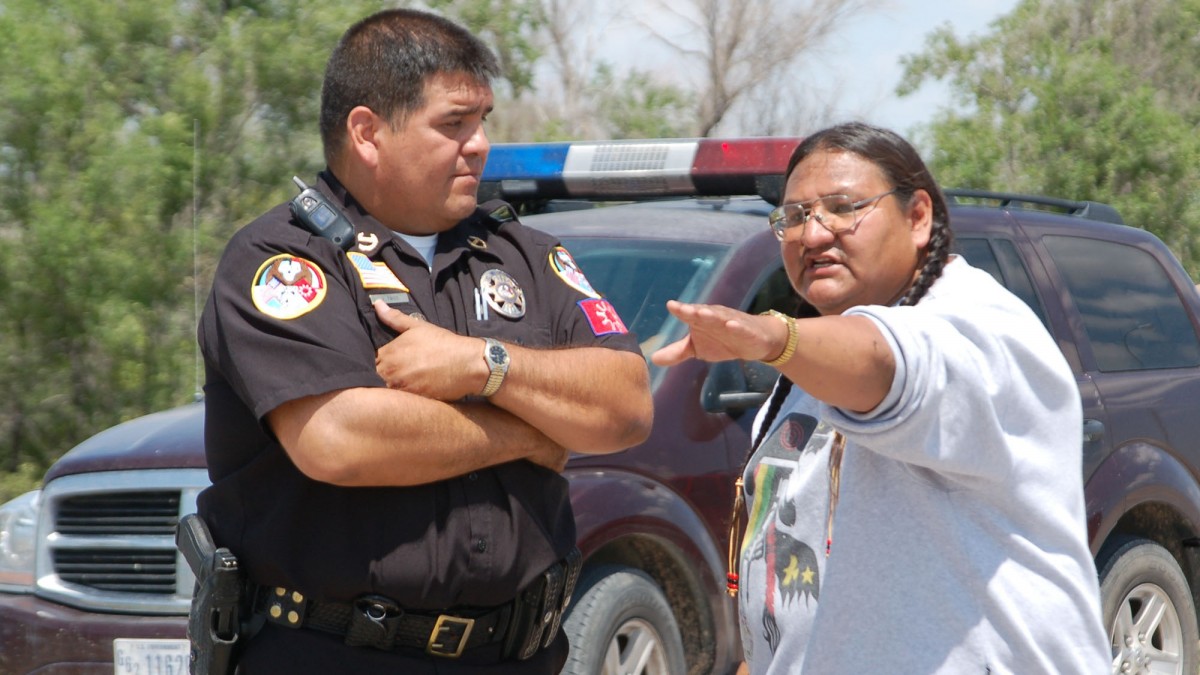
(MintPress) – The United States Supreme Court has ordered the U.S. government to reimburse Native American tribes, including the Navajo Indians among others, for withholding funds after the federal government placed a cap on programs provided to the tribes, including education, environmental protection and security. While a set amount has not been announced, the deal is said to be worth millions of dollars.
Under the 1975 Indian Self-Determination Act, Native American tribes have been allowed to sub-contract services from the federal government, including police, schools, fire prevention, hospitals, infrastructure works, environmental works and subsidies to farmers.
Even though the federal government had previously decided to fully reimburse the tribes for these contracted programs, a maximum spending limit was reached after being set by Congress. Soon after the tribes were not given enough money to cover the costs of the programs, the group of tribes sued the government and a court in Denver, Colo. ruled that the money must be fully reimbursed.
However, the money was never retrieved, and the Supreme Court announced Monday in a 5-4 ruling that the U.S. government is required to pay back the total sum that was withheld from the tribes from 1994-2001, reaffirming the Denver ruling.
In 2000, the Bureau of Indian Affairs was allocated $1.6 billion by Congress in order to pay for the public services the tribe offered, however, only $120.2 million made its way to Native American communities.
“Consistent with longstanding principles of government contracting law, we hold that the government must pay each tribe’s contract support costs in full,” wrote Supreme Court Justice Sonya Sotomayor, in the majority ruling.
The judgment goes on to read, “Between FY [financial year] 1994 and 2001, appropriations covered only between 77% and 92% of tribes’ aggregate contract support costs.”
While members of the Native American communities involved in the lawsuit and their lawyers are happy with the verdict, many express that it was unfortunate that the case had to be brought to court.
“The government was trying to treat tribal contractors differently from all other contractors. If you were talking about a defence contractor, I don’t think this case would have reached the supreme court – the government would have paid up long ago,” Jonathan Cohn of the Washington-based law firm Sidley Austin, who jointly represented the tribes, told The Guardian.
The Court seemed to agree that while all contractors, tribal or otherwise, should be viewed similarly, that may not always be the case.
“We stressed that the government’s obligation to pay contract support costs should be treated as an ordinary contract promise,” Sotomayor wrote. She continued, “The government was obligated to pay the tribes’ contract support costs in full.”


